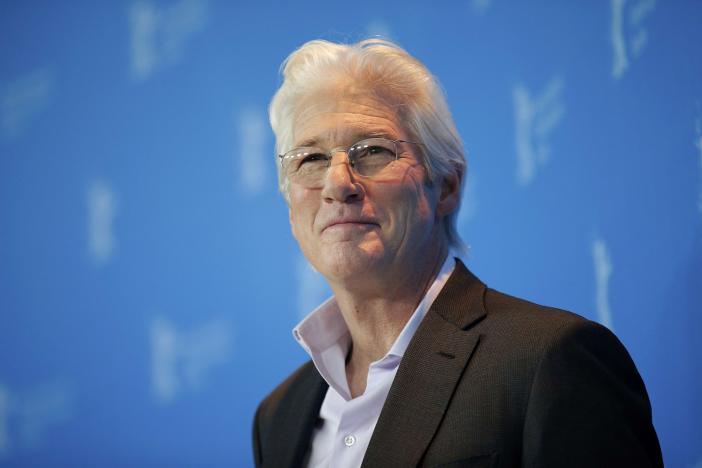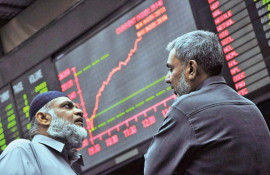
The Ministry of Petroleum has said that the finance ministry bypassed it in the budget for FY23 by increasing the rate of petroleum levy on liquefied petroleum gas (LPG) as it is a poor man’s fuel.
A cabinet body, in its recent meeting, expressed grave concern over the increase in petroleum levy on LPG sales, resulting in price hike, and returned a summary on the subject submitted by the
Petroleum Division.
In the FY23 budget announced in the second week of June, the government increased the petroleum levy on locally produced LPG from Rs4,569 per ton to Rs10,111 per ton, putting a burden of Rs8 billion on domestic producers.
The Petroleum Division sought approval of the Economic Coordination Committee (ECC) of the cabinet, in a recent meeting, for the increase in petroleum levy in line with approval in the budget.
However, it informed the ECC that it had suggested to the Finance Division to continue with the current rate of petroleum levy. However, the Finance Division ignored the proposal and increased the levy in budget.
Sources told The Express Tribune that the ECC voiced concern over the increase in LPG price and did not support the imposition of further tax on consumers. It returned the summary to the Petroleum Division.
The Petroleum Division pointed out that the Annual Budget Statement 2022-23 showed that the Finance Division had proposed petroleum levy collection target of Rs8 billion from LPG sales for FY23.
The Petroleum Division, while submitting its budget proposal, called for continuing with the existing petroleum levy of Rs4,669 per ton with annual revenue target of Rs3.694 billion. However, the Finance Division set the target at Rs8 billion without mentioning the petroleum levy rate.
To achieve the Rs8 billion target, the levy was calculated at Rs10,111 per ton considering the estimated local production of 791,205 tons in 2022-23.
Under Sub-section 1 of Section 3 of the Petroleum Products (Petroleum Levy) Ordinance 1961 and Petroleum Products (Petroleum Levy) Rules 1967, companies/ refineries/ licensees shall pay petroleum levy at the rate notified by the federal government.
In view of Mustafa Impex case and to avoid any legal issue, the rate of petroleum levy on LPG may be approved by the federal government.
The Petroleum Division requested the ECC to approve the levy of Rs10,111 per ton on the sale of LPG produced in the country for the collection of Rs8 billion in FY23.
The Oil and Gas Regulatory Authority (Ogra) pointed to huge favours being given to LPG importers because of tax disparity and suggested to the government to impose uniform taxes on the domestic LPG producers and fuel importers.
“Distortion in duties and taxes on the locally produced and imported LPG is providing undue benefits to the importers,” it said.
While quoting July price of LPG, Ogra informed the ECC that LPG producers were giving Rs4,689 per ton in petroleum levy whereas the importers were paying no such levy.
Moreover, the domestic producers were paying sales tax of Rs32,027 per ton whereas the importers were paying only Rs18,373 per ton.
As a result, the price of locally produced LPG stood at Rs220,421 per ton whereas the price of imported LPG was Rs202,098 per ton.
To calculate the prices, Ogra took equal Saudi Aramco contract price for both local ex-plant/ refinery LPG and ex-port
imported LPG.
The ECC considered the summary, dated July 15 and titled “Rate of petroleum levy on liquefied petroleum gas”, which was submitted by the Petroleum Division, and decided to return the summary to the division.
Published in The Express Tribune, July 23rd, 2022.
Like Business on Facebook, follow @TribuneBiz on Twitter to stay informed and join in the conversation.


1732271743-0/diddy-(45)1732271743-0-165x106.webp)















COMMENTS
Comments are moderated and generally will be posted if they are on-topic and not abusive.
For more information, please see our Comments FAQ